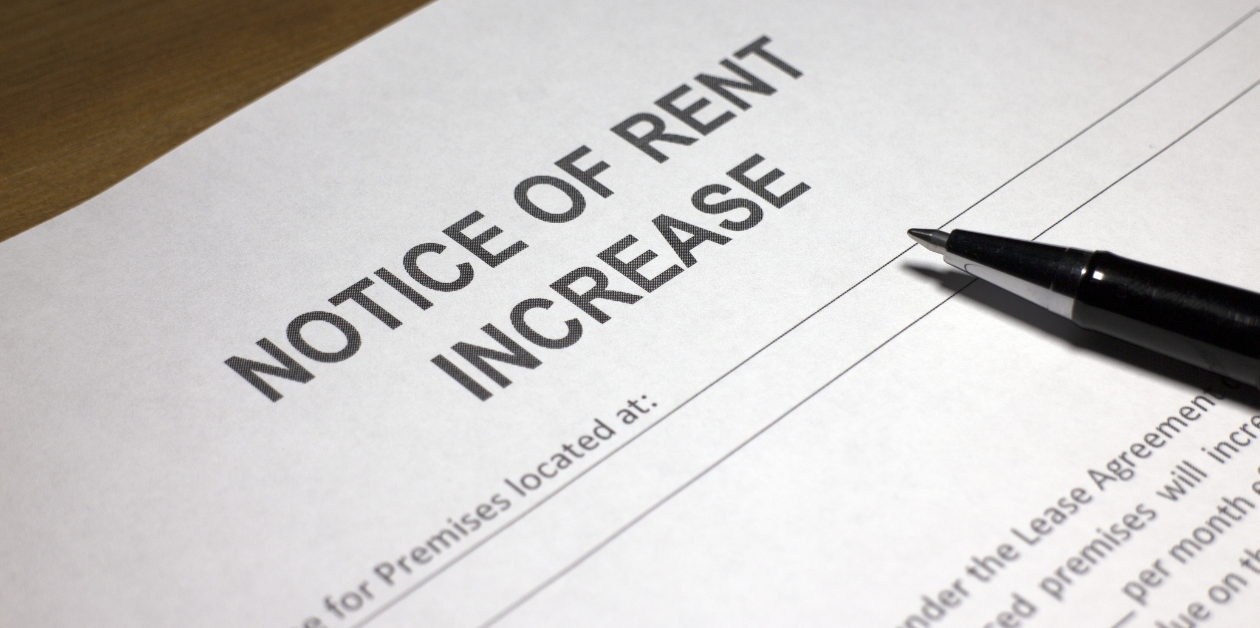As part of our commitment to keeping you informed about the latest developments in the real estate industry, we would like to share some important updates regarding changes to the Residential Tenancies and Rooming Accommodation Act 2008 (RTRA Act) and Regulation. Effective from 1st July 2023, these changes will have an impact on rent increase provisions and several other key provisions within the RTRA Act. In this blog post, Principal Leasing Agent Tara Bradbury will provide you with an overview of these changes and answer some frequently asked questions.
Changes to Rent Increase Provisions: One significant change relates to rent increases, which will now be limited to once every 12 months. It’s important to note that this change will be retrospective. In other words, if a rental increase has already been contracted (existing tenancy agreements already signed but the date has not yet been reached), lessors will no longer be entitled to implement this increase from 1st July 2023. Additionally, if a tenancy agreement is renewed, the 12-month rule still applies, even if the same tenant remains. It’s worth mentioning that a change of property owner has no bearing on this rule, as the 12-month limitation still applies.
Changes to Residential Tenancy Agreement End: Another noteworthy change is regarding how a Residential Tenancy Agreement ends. Previously, the agreement was considered ended on or before a specific date. However, under the new provisions, the tenancy will only end when the tenant hands over the keys on or after the agreement’s end date. This alteration, outlined in section 277 of the RTRA Act, emphasizes a clear definition for the termination of tenancy agreements. It’s essential for both lessors and tenants to familiarize themselves with this change.
Existing Agreements and Rent Increase Terms: One common concern is whether these changes affect existing agreements or renewals, specifically regarding rent increase terms. As per the provided information, rent increase terms in existing agreements or renewals will become invalid if the start date is after 1st July 2023, unless the rent was not increased in the preceding 12 months. It is advisable for lessors and their agents to seek legal advice regarding any necessary variations. In case a new tenancy agreement is issued to a renewing tenant and it contains an invalid rent increase, lessors should consult legal professionals on how to validly amend the agreement. It’s important to note that these provisions remain unaffected by changes in lessor, lessor’s agent, or the removal of a co-tenant from the tenancy agreement.
Keeping up with changes in rental laws is crucial for both lessors and tenants. The modifications to the Residential Tenancies and Rooming Accommodation Act 2008 and Regulation, effective from 1st July 2023, will impact rent increase provisions and tenancy agreement end dates. We encourage all parties involved to review the provided information and seek legal advice when necessary. For further details and clarifications, we have provided links to the amendment bill and relevant fact sheets in this article.
Read the Queensland Government Local Government Electoral and Other Legislation (Expenditure Caps) Amendment Bill 2022
Read The REIQ‘s Frequently Asked Questions Factsheet
Please stay tuned for more updates from Active Agents, where we strive to keep you informed and empowered in the ever-changing real estate landscape.

